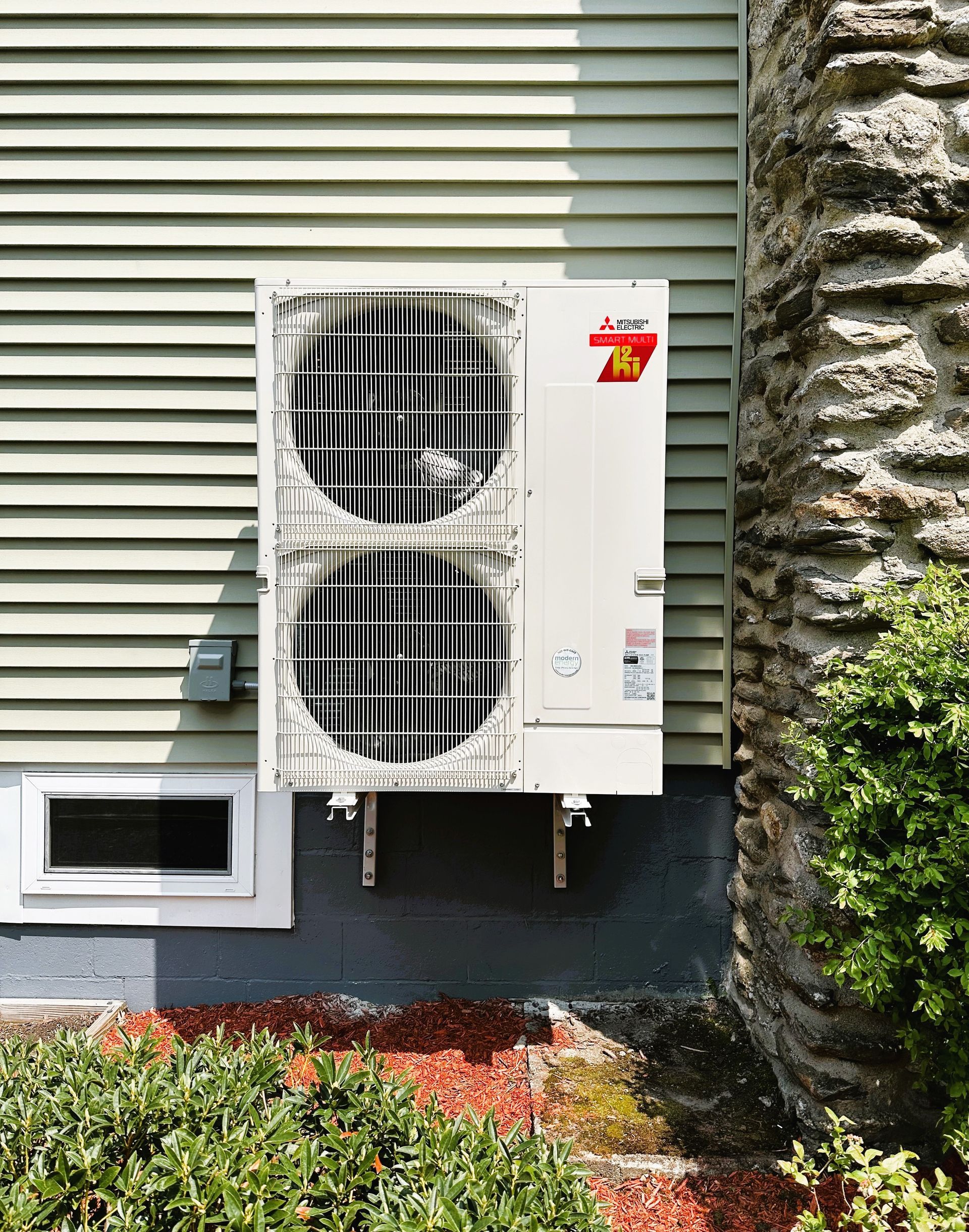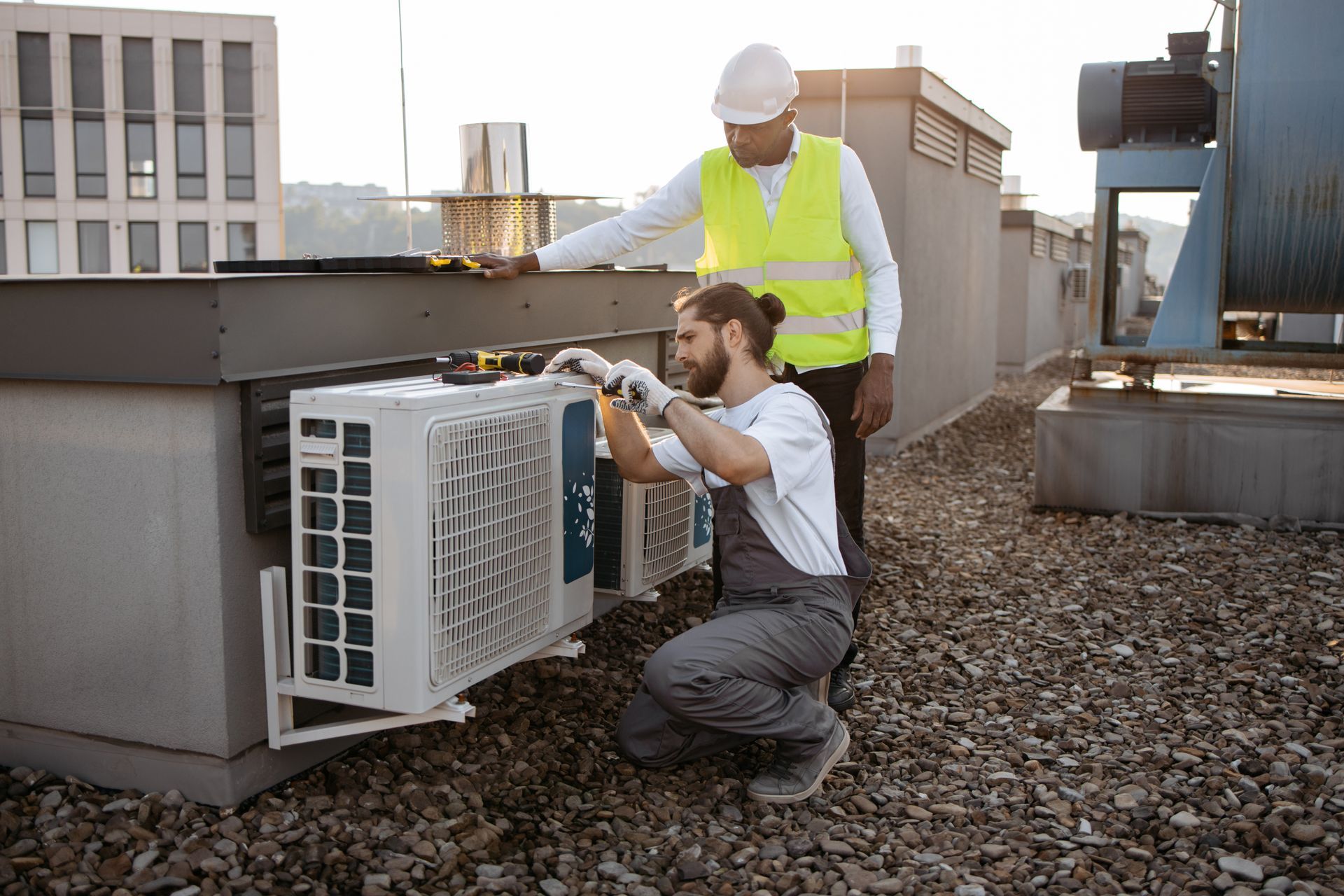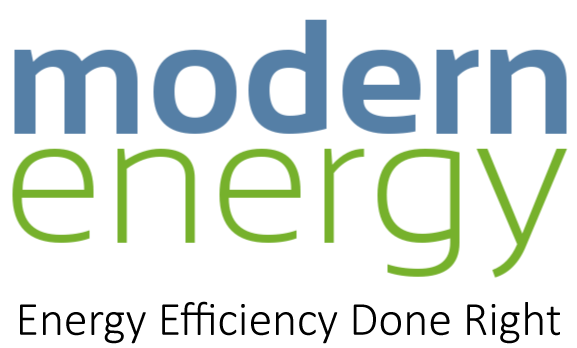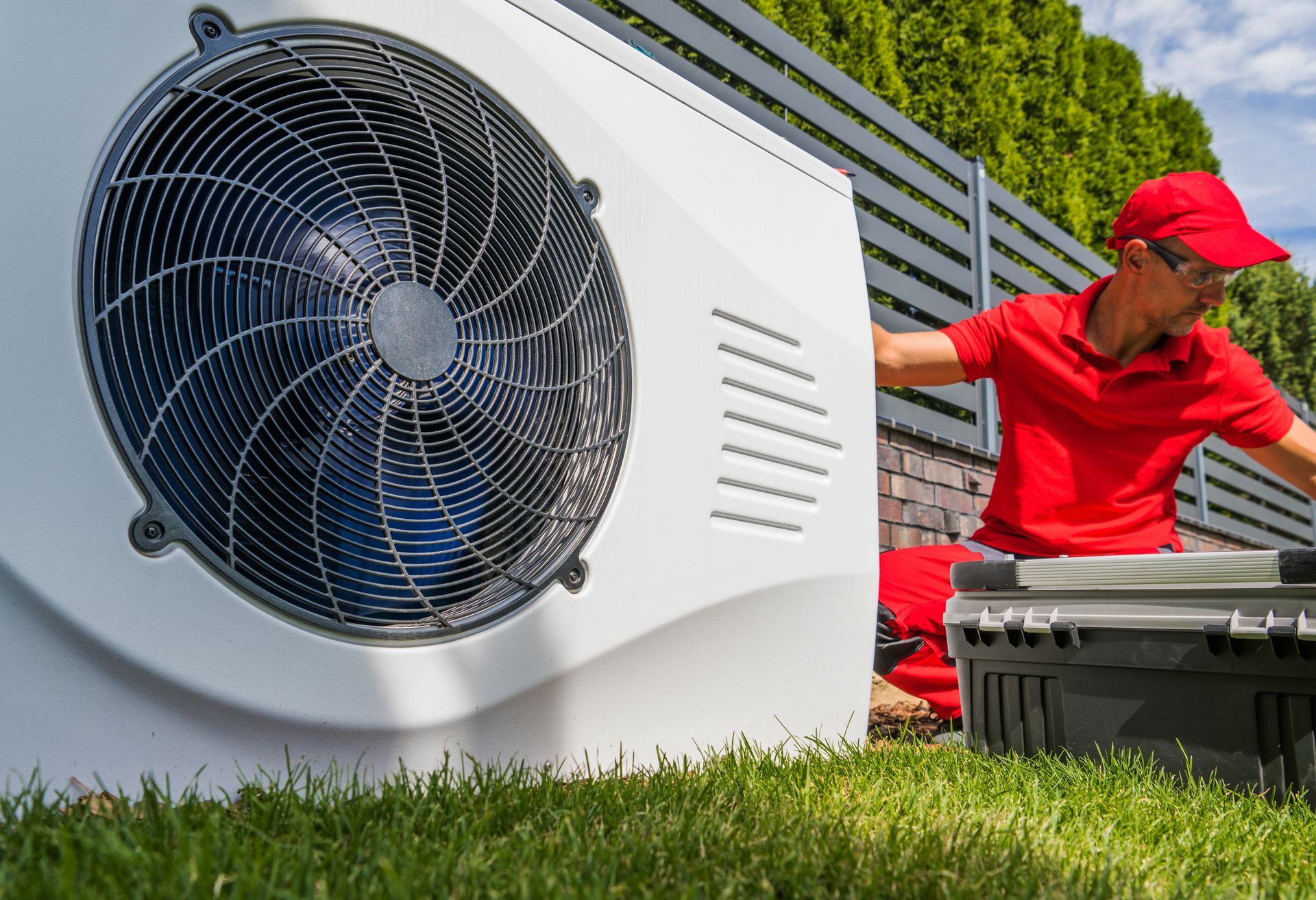Clean Heat Blog
In-depth answers to your most common questions about Heat Pumps.

Comparison of Mitsubishi and LG Heat Pump Systems Mitsubishi and LG both have many good systems. This blog will cover the Mitsubishi outdoor model # MUZ-FX09NLHZ and the indoor model # MSZ-FX09NL, and the LG outdoor model # KUSAL091A and indoor model # KNSAL091A by looking at measured data to see which system is more powerful. Why Are Indoor and Outdoor Heat Pump Models Listed Separately? They are very different machines that are designed to work as one system. The split is to assist in repair and installation. It's easier to replace just half a system than having to get a whole system to just use half. But both are required for the system to work, so it can initially seem a bit confusing if you’re not used to heat pump sales. What is SEER2? SEER stands for Seasonal Energy Efficiency Ratio. It measures the efficiency of an air conditioning system. The higher the number, the more efficient, with a general rating for a good system being above 15. The HVAC industry switched mainly to SEER2 because it has stricter testing conditions and tests more things such as air pressure changes and airflow resistance. However, both SEER and SEER2 test for the same thing . SEER2 Comparison For #MUZ-FX09NLHZ/#MSZ-FX09NL and #KUSAL091A/#KNSAL091A The SEER2 score for the Mitsubishi system # MUZ-FX09NLHZ and # MSZ-FX09NL is 33.1, meaning that this is a very efficient air conditioning system. The LG system # KUSAL091A and # KNSAL091A compares similarly with a score of 27. Both of these systems are highly efficient and the difference when you start getting that high becomes harder for the average person to notice. What is HSPF2? HSPF stands for Heating Seasonal Performance Factor. It measures the efficiency of a heating system . HSPF is essentially the heating equivalent of SEER, but a good HSPF score is 8 and above. People who live in colder climates may want to try to find systems with a score above 10. HSPF moved to HSPF2 for the same reasons that SEER moved to SEER2. HSPF2 Comparison For #MUZ-FX09NLHZ/#MSZ-FX09NL and #KUSAL091A/#KNSAL091A The HSPF2 score for the Mitsubishi system # MUZ-FX09NLHZ and # MSZ-FX09NL is 13.3, meaning that this is a very efficient air conditioning system. The LG system # KUSAL091A and # KNSAL091A does slightly better with a score of 13.5. Both of these systems are highly efficient and it would be very difficult for a person to tell the difference in their heating ability. What Type of Refrigerant Do #MUZ-FX09NLHZ/#MSZ-FX09NL and #KUSAL091A/#KNSAL091A Use? The Mitsubishi system uses R-454B while the LG system uses R-32. In terms of refrigerant, both perform well. The difference between them comes from their environmental cost . R-32 was invented to help combat the growing hole in the ozone layer, and it was successful. R-454B was invented more recently to help combat climate change as refrigerants can contain some of the most potent greenhouse gasses. As part of the Inflation Reduction Act, the phase out of several types of refrigerants was started for environmental concerns. R-32 is not currently being phased out, but it could be in a few years. Because of this, the Mitsubishi System is better in terms of refrigerant. What is the Max BTU Heating Output and Cooling Capacity For #MUZ-FX09NLHZ/#MSZ-FX09NL and #KUSAL091A/#KNSAL091A? BTU/h stands for British Thermal Units per hour, it shows how much heat is removed or introduced to a home. Essentially it shows how powerful the system is, with a higher number being more powerful. These tests are generally done at specific temperatures so they can be compared between systems. The max heat capacity, which is measured where the outside air is 5℉ and the inside is heated to 70℉. The BTU is measured at 14,700BTU/h for the Mitsubishi system and 12,000BTU/h for the LG system. The Mitsubishi system is more powerful in this temperature range. The rated heating capacity is measured with the outside air being 47℉ and the indoor temperature raised to 70℉. This measured at 12,000BTU/h for the Mitsubishi system and 11,000BTU/h for the LG system. The Mitsubishi system is more powerful in this temperature range. The rated cooling capacity tests for how powerful the system works as an air conditioner, it is measured where the outside temperature is 95℉ and is cooled inside to 80℉. This measured at 9,000BTU/h for both the Mitsubishi system and the LG system. Overall The Mitsubishi outdoor model # MUZ-FX09NLHZ and indoor model # MSZ-FX09NL, or the LG outdoor model # KUSAL091A and indoor model # KNSAL091A, are both very solid heat pumps that can get the job done. The Mitsubishi system is slightly more powerful and environmentally friendly, but you may have noticed that this blog has not mentioned cost yet. Because of how heat pumps are distributed and the recent tariffs, combined with the massive range in installation costs, giving accurate numbers is almost impossible. However, LG systems tend to be moderately cheaper than Mitsubishi systems. However, there are state run programs that can help cover the cost in some states. Residents in Massachusetts are lucky to have a program known as Mass Save, which offers rebates of up to 100% off depending on your personal finances. Feel free to call Modern Energy at 508-449-0449 with any questions from how heat pumps work to specifics about rebates. We have become a trusted source in the HVAC community and we work closely with Mass Save to help get you the best rebate available. Let us use our expertise to help you and your family!

How to Make Your Heat Pump Last Heat Pumps, or any other HVAC system, is going to be one of the most expensive products within your Massachusetts home. With the high cost of a heater or air conditioner, with that high cost comes the obvious question, “How do I make my HVAC system last?” Luckily, we at Modern Energy have been working on Heat Pumps around Massachusetts for years, and are here to share some tips. How Long Does a Heat Pump Last? Generally, 12-15 years in Massachusetts. Massachusetts has harsh winters with snow and below freezing temperatures and while heat pumps work below freezing, it is still hard on the system. This number increases a little if you are further south but only by a year or two. Additionally, living near the ocean can decrease the lifespan of your system without yearly maintenance as the salt in the air can weaken the system. This salt can be cleaned out at a yearly cleaning and will not cause any long term problems. Installation of a Heat Pump Installation is arguably the most important factor in how long a heat pump will last. A bad installation sets your system up for failure and it could need to be replaced in just a few years. You can avoid this issue by using an installer that is certified and trusted. Ask friends, look online, or Google the company to see if they are certified with the state or any specific brands such as Fujitsu. What to Expect During a Heat Pump Insulation When your appointment comes, it will be an all day affair. However, for a single-zone system it should last only a single day unless there are complications. Multi-zone installations may take multiple days. The installation is split into four steps: Preparation Electrical and Duct Work Installation Calibration Preparation is when the technician clears the space and gets all of the gear in order. This often involves moving boxes and potentially a previous HVAC system. Electrical and duct work is generally the most variable in terms of time. Some heat pumps are ductless and so no duct work is needed, and some houses have simple electrical plans while others are very complex. Next is when the indoor components of the heat pump system are brought into the house and are put together and set up, then the same for the outdoor components. Last, is when the technician takes some time to make sure the system is working and that there are no problems. Once the technician gives you the all clear, your new heat pump is ready to go! How Can I Make My Heat Pump Last Longer? Regular maintenance: Similar to your own body, your HVAC system should have a yearly check up just to make sure everything is running smoothly. Clear Snow: The outdoor components should be built on blocks at least a foot off the ground, but if it snows over a foot, clear the snow around the system a bit. The snow can get sucked inside the system and make it work a lot harder to keep the desired temperature. Don’t constantly change the temperature it is set to: The same way that constantly speeding up and slowing down a car uses more gas, constantly changing the desired temperature makes your heat pump use more electricity and puts more stress on the system. The goal should be to leave the thermostat alone as much as you can. Get good insulation: Insulation keeps the air in your home inside. This allows your system to put in less work to keep your home at the desired temperature and will most likely keep your heat pump healthy for longer. Signs You May Need a New Heat Pump Age: If your system is pushing 20 years, it might be time to look into new options. Needs Constant Repairs: If you are having a repairman over more than three times a year, that is a strong sign that you need a replacement. Repairs can quickly get very expensive and sometimes it is better to cut your losses. Heating Bills Getting Higher: If your heating bills are increasing faster than the increase in electricity and the temperature is similar to the year before, this is a sign that your system is working harder than it should be to keep your house at the desired temperature. Not Hitting The Target Temperature: This is obviously a sign that the system is breaking, it means the system is unable to keep up with the desired temperature. (If this happens once on an unusually warm or cold day, it is not necessarily a sign that the system needs to be replaced.) Don’t be Afraid to Call You deserve to be comfortable. You deserve to have your questions answered respectfully. These are very complex and very important pieces of technology that our homes rely on. Every HVAC system faces unique challenges and it can lead to worries. For a HVAC company that will never make you feel bad for asking questions, call Modern Energy or check out more blogs on our website.



